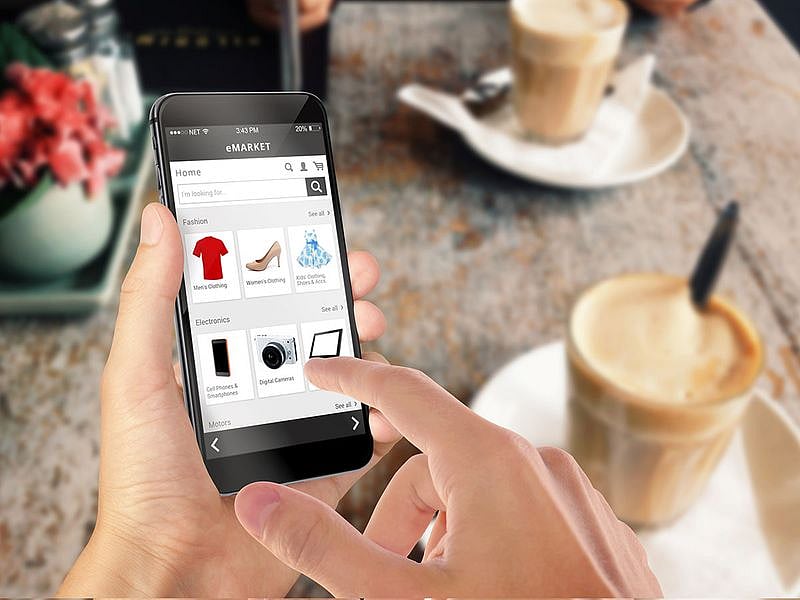ChatGPT now builds buyer’s guides for holiday shopping
Shopping Research tool turns simple queries into detailed, personalised buyer’s guides

OpenAI has quietly expanded one of its most widely used consumer tools into a new space: shopping guidance. The company framed the feature as a step beyond simple Q&A. ChatGPT now aims to act as a full research assistant that helps people understand options, weigh trade-offs and surface recommendations tailored to their needs. It does this by asking clarifying questions, scouring information across the web, analysing product details and absorbing user preferences saved in ChatGPT memory.
When someone asks for help choosing a cordless vacuum or selecting a gift for a child, ChatGPT no longer surfaces quick lists or generic best-seller picks. Instead, it builds a personalised buyer’s guide that explains why certain items are worth considering, how they differ and where the trade-offs lie.
Media outlets frame the timing of the rollout as closely aligned with holiday demand, especially as people seek help navigating an overwhelming mix of deals and product categories. Axios described the feature as a holiday-season upgrade that digs through product pages, reviews and price variations across the web. OpenAI itself emphasised that hundreds of millions of people already rely on ChatGPT to compare products, making this shift a natural expansion of how users behave inside the interface.
Coverage from Search Engine Journal and PYMNTS highlighted how Shopping Research departs from earlier recommendation tools. Instead of offering one-off suggestions, ChatGPT prompts users for budget details, personal preferences, priorities and constraints. It gathers current specifications, availability information, consumer feedback and pricing data from multiple online sources. The experience is iterative: users can ask for items that are more compact, less expensive, or easier to maintain, refining the results in real time. The feature is described as especially suited to categories with many variables, including electronics, home and garden, beauty, sports and outdoor equipment.
Shopping Research arrives at a moment when conversational commerce is accelerating across the retail sector. Reuters previously reported on OpenAI’s broader push into smarter product discovery, framing it as part of a new competitive landscape in which AI-driven assistants guide purchasing decisions. Retailers and major platforms are also experimenting with AI systems that recommend items, streamline browsing or help complete transactions. OpenAI’s move positions ChatGPT as a research-oriented companion within that growing market.
Several publications noted considerations and potential challenges. The Verge observed that the system may occasionally surface incorrect details about pricing or availability and encouraged users to confirm information directly with retailers. Industry commentators such as Search Engine Roundtable pointed to the importance of transparency, particularly as AI systems take on curatorial roles in shopping decisions. There is ongoing interest in how OpenAI chooses its sources, how it ranks products and how commercial relationships, if any, might influence results. Some outlets, including the Times of India’s coverage, noted that the feature has rolled out to logged-in users across multiple ChatGPT plans, though availability may vary by region.
The broader implication is that ChatGPT could reshape the way people shop online. Instead of jumping between product pages, review sites and price trackers, users can remain inside a conversational flow that feels more like a personalised research consultation. For OpenAI, this may deepen user engagement and create new expectations for what an AI assistant can do. For consumers and the tech industry, it reflects a shift toward a future in which buying decisions begin with a dialogue, not a search box.
Network Links
GN StoreDownload our app
© Al Nisr Publishing LLC 2026. All rights reserved.